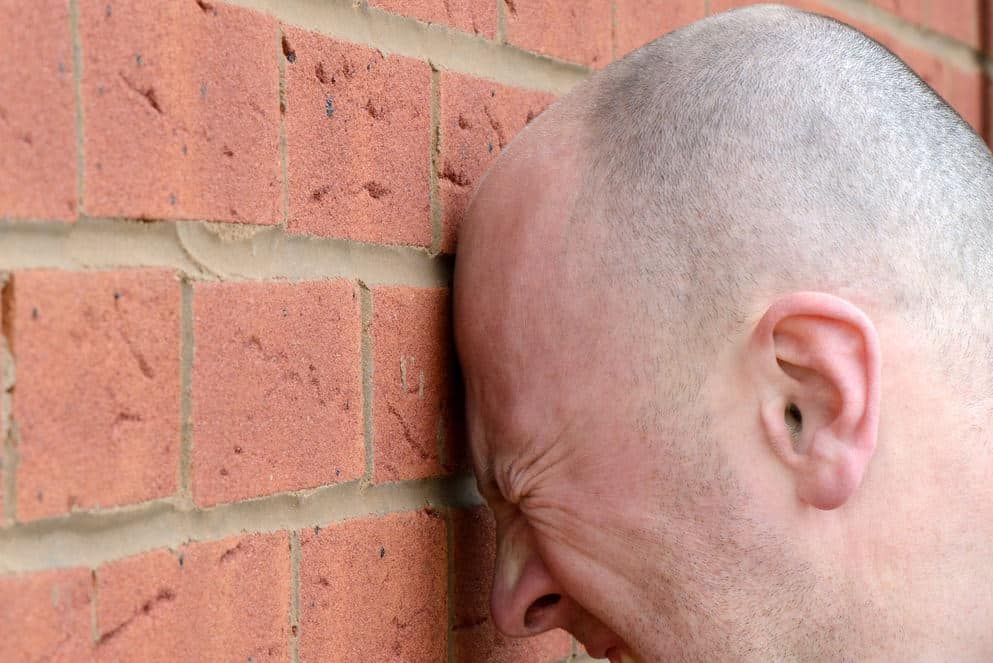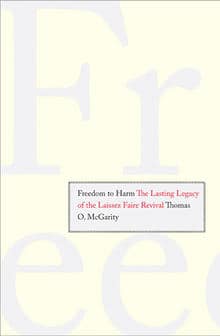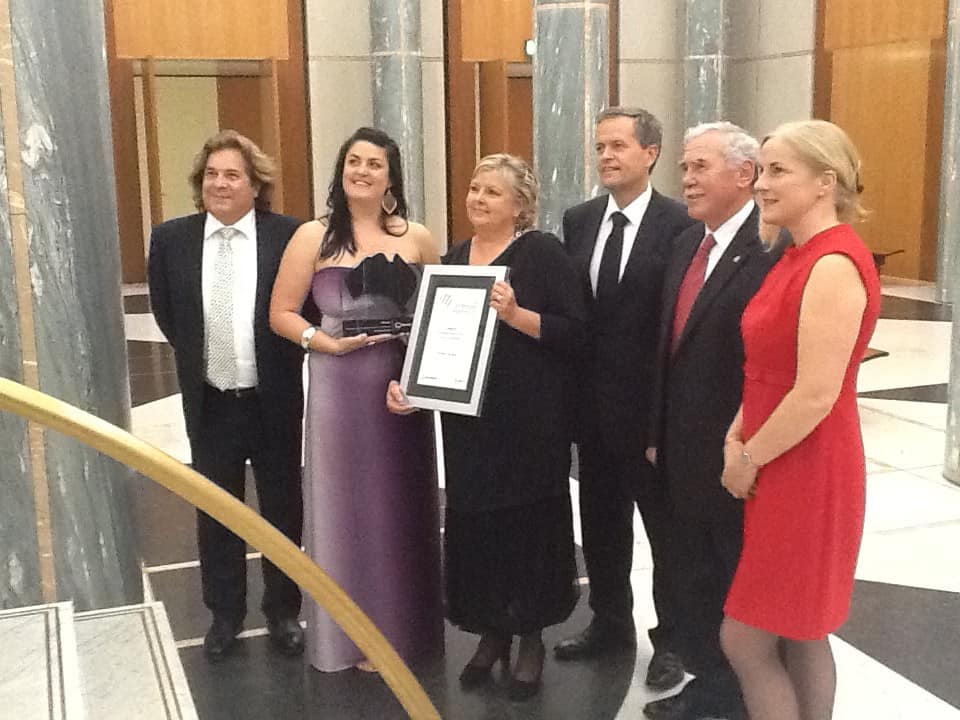Yesterday’s article on Comcare’s recent charging of two organisation over workplace-related harm to others generated so much interest that I have (re)published an article from 2016 that analysed an earlier, similar issue. Please also read the comments below and consider adding your own.
Australia’s work health and safety (WHS) laws confirmed the modern approach to workplace safety legislation and compliance where workers and businesses are responsible for their own safety and the safety of others who may be affected by the work. The obligations to others existed before the latest WHS law reforms, but it was not widely enforced. The Grocon wall collapse in Victoria and the redefinition of a workplace in many Australian jurisdictions through the OHS harmonisation program gave the obligation more prominence but has also caused very uncomfortable challenges for the Australian government – challenges that affect how occupational health and safety is applied in Australian jurisdictions.
Continue reading “Selective duty of care being applied by the Australian Government – from the archive”




